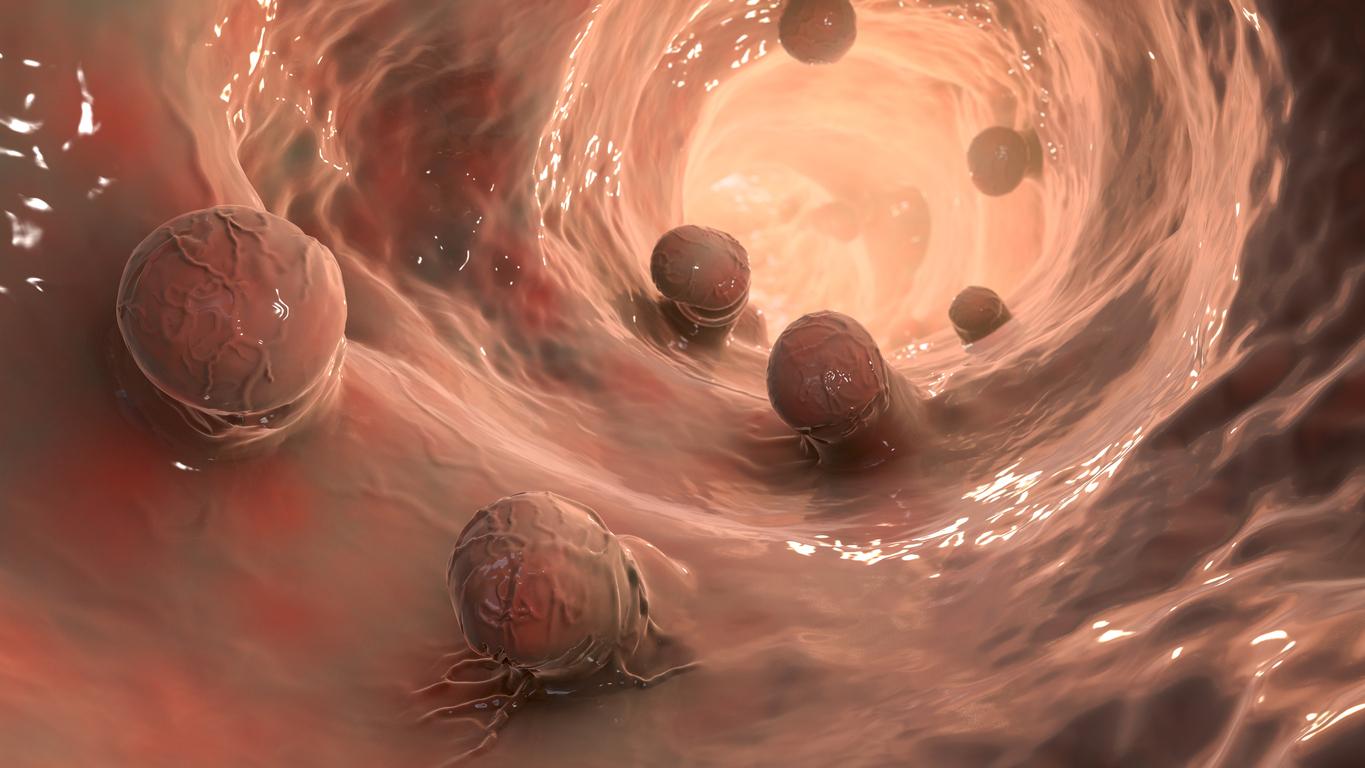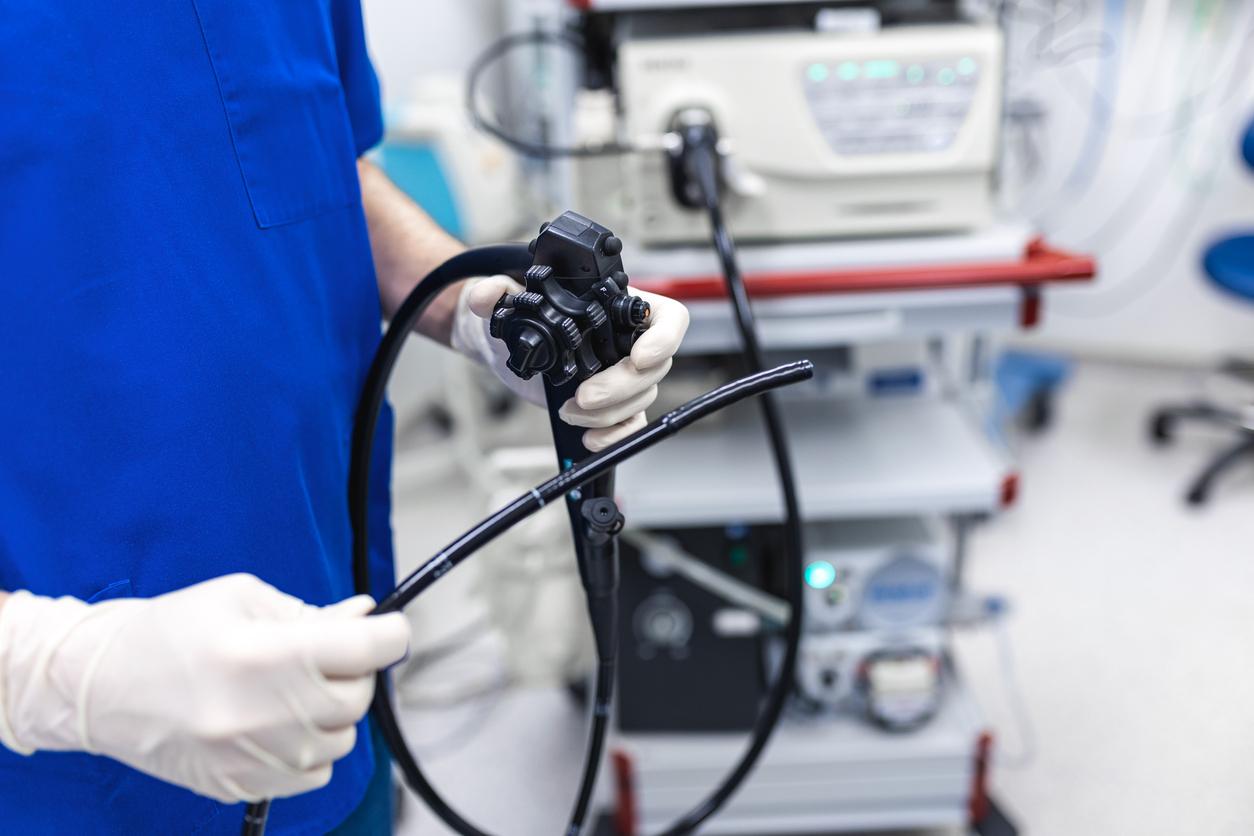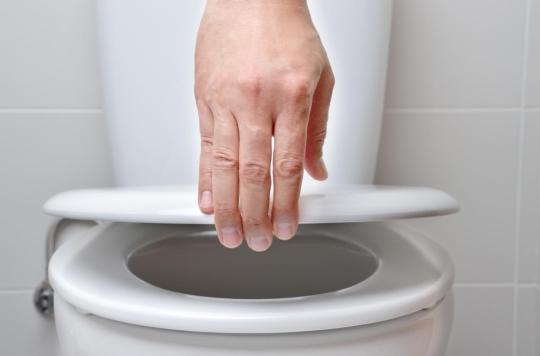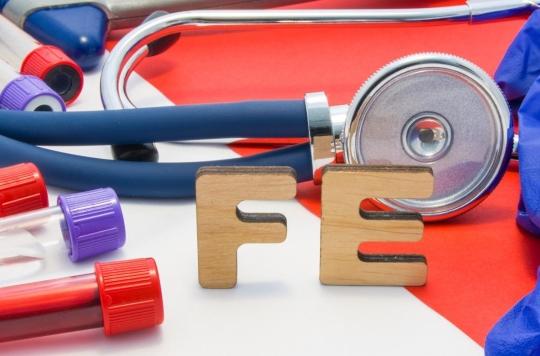Specialists want to convince people at high risk to have a colonoscopy. To prevent colorectal cancer, which is particularly deadly, when it is not caught on time.
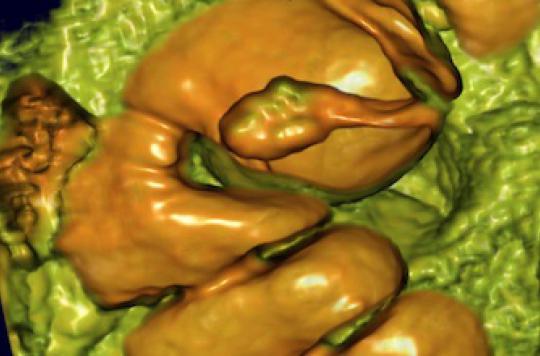
“As long as it’s localized, the five-year survival is 95%, but if it crosses the colon barrier, the survival drops to 50%. If we arrive earlier, before the symptoms, we can save colorectal cancer patients ”, indicates Dr. Anne-Laure Tarrerias, president of the Reflection Club of Cabinets and Hepatogastro-Enterology Groups (Cregg), on occasion. of the presentation of the fifth information day on the prevention of colon cancer by endoscopy which will take place on Tuesday, March 26.
In an attempt to lower the death curve for this cancer, which is still very fatal today, medical specialists are seeking to better inform people at high risk. Their goal, to encourage these populations to undergo a colonoscopy.
To try to detect colorectal cancer, two tools currently exist. The Hemoccult test is primarily used for organized screening for the general population. It reduces individual risk by 30% but only meets 30% participation (31.7% in 2010-12). There is also colonoscopy for people at high risk “which halves mortality, for a risk of complications of one to two cases per 1,000”, specifies the president of the Cregg. Finally, a new test for blood in the stool should be operational for 2014. It will be an immunological test eagerly awaited by specialists because it is twice as effective as the current Hemoccult test in detecting potentially cancerous lesions.
Believing that colonoscopy is too little practiced, specialists still and always try to inform on the fact that “removing a benign polyp can prevent colon cancer”. But health professionals specify that colonoscopy remains an examination only for people at high risk. A population that is now well identified.
Populations at risk
“These high risks are linked to family risk factors (one parent affected before age 60, two parents with polyps), chronic inflammatory bowel disease (Mici) or obesity. The people concerned are often poorly informed of their increased risk but as they represent 20% of cases, better information could make it possible to reduce the number of colorectal cancers by 5,000 over five years ”, reports Prof. Christophe Cellier, president of the Société française d. digestive endoscopy (Sfed). Yet the problems remain. The information campaigns put in place remain difficult for the general public to understand and the lack of information for people at risk remains.
“There are still a lot of misconceptions with high risk people who do a Hemoccult test, which is not suitable because its sensitivity is only 50%, and the cancer is missed. Some people feel protected with a negative Hemoccult even though they have symptoms. Others do not do a colonoscopy in the presence of a rectal bleeding, after 50 years, thinking that they are hemorrhoids ”, underlines Professor Christophe Cellier. This misunderstood screening, however, generates many deaths.
Indeed, as Dr Anne-Laure Tarrerias reminds us, “colorectal cancer kills a lot: with 40,500 new cases in France in 2011, it is the third cancer in incidence but the second in mortality with 18,000 deaths per year, and we would like let that change. To do this, we must prevent it and detect it earlier, ”she concludes.
.







